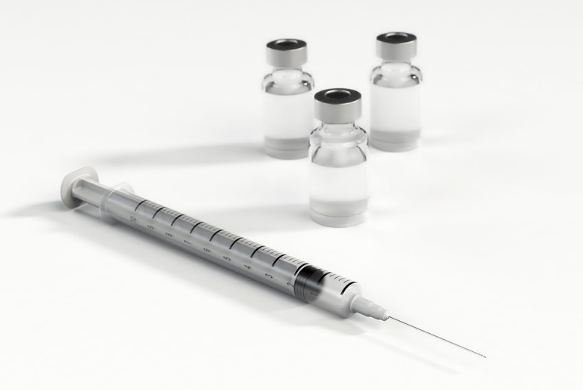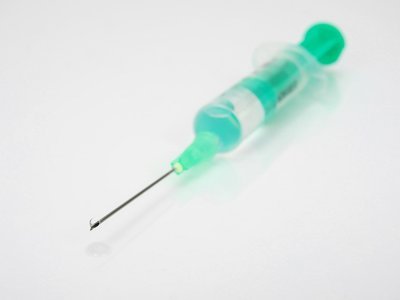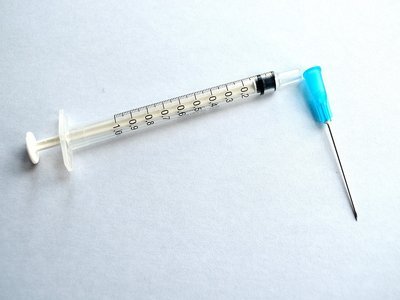The of mandatory vaccines for toddlers in the United States has been a controversial topic for many years. The debate revolves around whether or not parents should be required by law to vaccinate their children. With recent outbreaks of preventable diseases, some argue that it is time to make vaccination mandatory to protect public health. Others believe that parents should have the right to make decisions about their children’s health without government interference. In this blog post, we will explore both sides of the debate and discuss the potential benefits and drawbacks of mandatory vaccinations for toddlers in the United States.
Importance of Immunizations for Toddlers
Immunizations for toddlers play a critical role in protecting them from deadly diseases. Vaccines are designed to prevent various illnesses like polio, tetanus, diphtheria, measles, mumps, rubella, chickenpox, pertussis, rotavirus, pneumococcal disease, and influenza. Immunization eliminates or greatly decreases the spread of these diseases from child to child. When a toddler receives a vaccine, their immune system builds up antibodies that protect them from contracting the disease if and when they are exposed to it.
Studies show that vaccines are safe and have no serious side effects. The benefits of immunizations far outweigh the possible side effects. Parents need to keep track of their child’s immunization record as it is essential for school entry. Even if a vaccine is missed, parents can make up for it without starting the schedule over.
The yearly flu shot is also important for toddlers. Vaccinating toddlers protects not only their health but also the health of other people. With continued vaccination, parents can trust that some of today’s diseases will no longer harm future generations. [1][2]
The Child and Adolescent Immunization Schedule
The Child and Adolescent Immunization Schedule is a comprehensive guide to recommended vaccinations for individuals aged 18 years or younger. The schedule is updated regularly by the CDC’s Advisory Committee on Immunization Practices based on the latest scientific research and recommendations. The goal of the schedule is to provide the best possible protection against preventable diseases for children and adolescents. The schedule includes a range of vaccines recommended for all children, as well as certain high-risk groups, and those based on shared clinical decision-making. The vaccines recommended include tetanus, diphtheria, acellular pertussis, meningococcal, and influenza.
The schedule also includes information on special situations, such as immunization of persons with primary and secondary immunodeficiencies. In addition, the schedule outlines the recommended dosage, minimum age, and intervals between doses. Health care providers are encouraged to administer the recommended vaccines if an individual’s immunization history is incomplete or unknown, and to not restart vaccine series or add doses for long intervals between doses. By following the Child and Adolescent Immunization Schedule, children and adolescents can be protected against vaccine-preventable diseases early and safely. [3][4]
Mandatory vaccinations for toddlers: a list
Mandatory vaccinations for toddlers are becoming more common in the United States. Here is a list of vaccines that are currently required for toddlers by most states:
- DTaP (Diphtheria, Tetanus, and Pertussis Vaccine): This vaccine protects against three serious diseases and is usually given in five doses.
- Polio vaccine: This vaccine is given in four doses and protects against polio, a disease that can cause paralysis.
- MMR (Measles Mumps and Rubella Vaccine): This vaccine protects against three viral diseases and is usually given in two doses.
- Hib (Haemophilus Influenzae Type B Vaccine): This vaccine protects against a bacterial disease that can cause meningitis and is given in a series of doses.
- Hepatitis B vaccine: This vaccine is given in three doses and protects against a viral disease that can cause liver damage.
- Varicella vaccine: This vaccine protects against chickenpox and is usually given in two doses.
- PCV (Pneumococcal conjugate vaccine): This vaccine protects against pneumonia, meningitis, and other serious infections and is given in a series of doses.
It is important to note that some states may require additional vaccines or have specific requirements for when the vaccines are given. It is always recommended to consult with a healthcare provider for the most up-to-date information on mandatory vaccinations for toddlers in your state. [5][6]
What should you do if your child is allergic to a vaccine?
If a child is allergic to a vaccine, it is important to seek medical attention immediately. While severe allergic reactions are rare, they can occur in one to two out of every one million doses administered. Signs of a severe allergic reaction include swelling of the face and throat and a widespread rash. Parents and guardians should be informed about the benefits and risks of vaccines before administering them to their children. It is sound medical practice to have a discussion about vaccine benefits and risks before vaccination.
Health care providers should provide factual information to address concerns about vaccine adverse reactions using appropriate language. Empathetic communication is essential in responding to misinformation or concerns.
If a vaccine is refused, the provider should offer it again at the next visit. The National Vaccine Injury Compensation Program provides financial help to those who experience adverse reactions from vaccines. It is always better to get vaccinated than to get the diseases that vaccines prevent. Vaccines are available at doctor’s offices and many pharmacies. It is important to continue informed discussions about vaccine benefits and risks to make informed decisions. [7][8]
About the Author
Reyus Mammadli is the author of this health blog since 2008. With a background in medical and biotechnical devices, he has over 15 years of experience working with medical literature and expert guidelines from WHO, CDC, Mayo Clinic, and others. His goal is to present clear, accurate health information for everyday readers — not as a substitute for medical advice.







